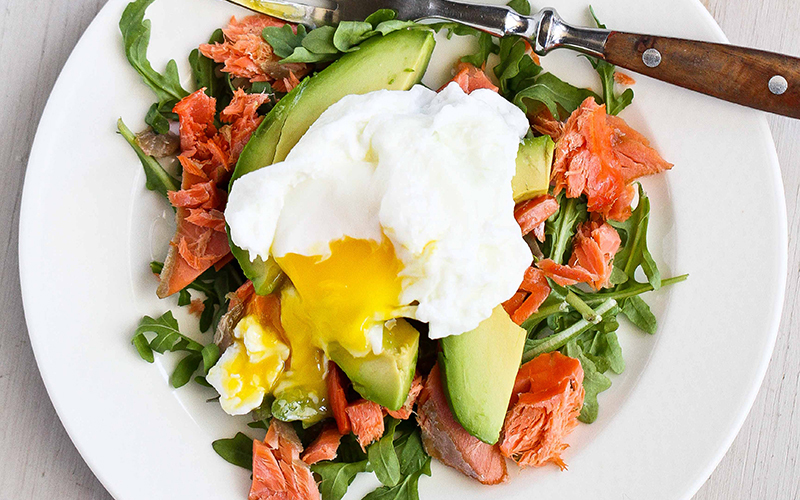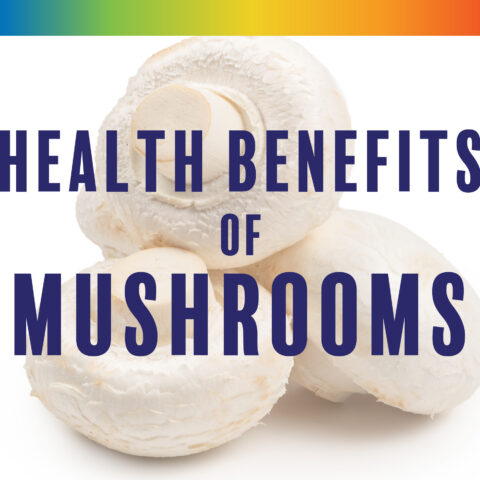New Research Highlights Health Benefits of High Protein Diets

There’s no such thing as an inherently high protein diet. What we commonly call high protein diets are simply diets containing more protein than those recommended by the World Health Organization (WHO), the Institute of Medicine (IOM), and other institutions. But institutions, of course, can and have been wrong. We have seen this, for example, with respect to trans fats, dietary cholesterol, and other important areas of nutrition. So what if so-called high protein diets are actually an optimal-protein and what if the diets recommended by the aforementioned institutions are actually suboptimal? A new study, recently published in the American Journal of Clinical Nutrition, suggests this could be the case, particularly for those who are trying to lose weight.
The WHO and IOM recommend 0.8 grams of protein per kilogram of bodyweight for both men and women daily.1 For a 175 pound man, this equates to 64 grams of protein per day, and for a 125 pound woman, 45 grams of protein per day. The new study, however, published by researchers from the University of Missouri, suggests that 1.2 to 1.6 grams/day is the optimal range. Lead researcher Heather Leidy and her colleagues reviewed the scientific literature on protein consumption and concluded that moderately increased protein, consumed in a balanced way throughout the day, has significant benefits, including improvements in appetite, body weight management, and cardiometabolic risk factors.2
When and how?
According to this research, daily protein should be somewhat evenly distributed across breakfast, lunch and dinner. “Eating a protein-rich breakfast,” Leidy explained, “containing about 30 grams of protein leads to even greater satiety throughout the day and can reduce unhealthy snacking by improving appetite control.”3 Some people might struggle to consume this much protein at breakfast, but it’s much easier than you might think. Four to five eggs would get you there, but don’t assume that eggs are your only breakfast option. It’s only a matter of getting into the habit of treating breakfast just like any other meal. Beef, lamb, chicken, and fish, for example, are all suitable for breakfast.
Leidy also stresses that animal proteins, unlike most plant proteins, are high quality and “complete” because they contain all essential amino acids (EAA) and are easily digestible, whereas individual-source plant proteins lack certain EAAs and are harder to digest. Some people might worry about adverse side effects from consuming protein at the 1.6 gr per kg upper limit. These worries, however, are unfounded. For example, a 2004 review of the scientific literature found no adverse effects on liver or kidney function for protein consumption as high as 2.4 gr per kg, or 3 times the IOM’s benchmark level.4
With nearly two-thirds of Americans either overweight or obese, perhaps it’s time to start rethinking what’s “normal” and “optimal” with respect to protein consumption. Higher-protein diets are sometimes ridiculed or portrayed as dangerous, but the scientific literature says otherwise. By following the Paleo Diet, which of course eliminates refined sugar and cereals, you’ll naturally be consuming increased quantities of protein in the 1.2 to 1.6 gr per kg range. You won’t need to make any calculations. If you’re trying to lose weight and just getting started with Paleo, focus on protein, particularly during breakfast and lunch.
References
[1] Institute of Medicine of the National Academies. 2002. Dietary Reference Intakes. National Academies Press.
[2] Leidy, JH. (April 29, 2015). The role of protein in weight loss and maintenance. American Journal of Clinical Nutrition, [Epub ahead of print].
[3] University of Missouri-Columbia. (2015, April 30). Busy Americans can reap health benefits by balancing protein intake throughout the day. ScienceDaily.
[4] Manninen, A. (2004). High-Protein Weight Loss Diets and Purported Adverse Effects: Where is the Evidence? Journal of International Society of Sports Nutrition, 1(1).
Christopher Clark
Christopher Clark is an entrepreneur, food writer, and business owner with years of experience with nutrition.
More About The Author




